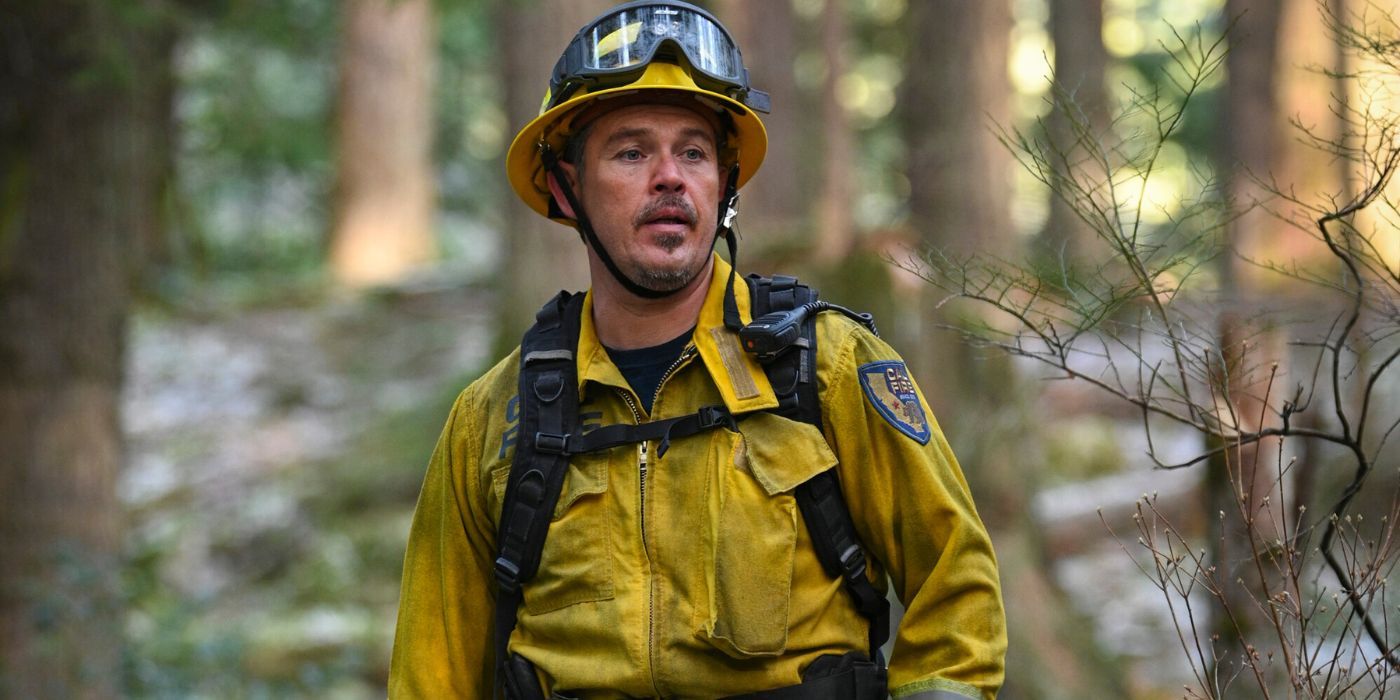Industry veterans gathered at the Tokyo International Film Festival‘s (TIFF) annual Motion Picture Association (MPA) seminar to discuss the evolving landscape of filming in Japan and the impact of emerging technologies on global production, with participants highlighting both opportunities and challenges in attracting international projects to the country.
Japan’s location incentive scheme, which offers reimbursement of up to 50% of qualifying expenditure in the country, with an upper limit of JPY1 billion ($6.66 million) on each disbursement, is now operational. TIFFCOM, TIFF’s concurrent market, is awash with literature touting the beauty of virtually every prefecture in Japan.
A Japan-Italy co-production treaty that came into effect a few months ago was referenced by Ishiba Shigeru, Japan’s newly re-elected Prime Minister, at the TIFF opening ceremony. Italy is a focus country at TIFFCOM with five projects from the country at the Tokyo Gap-Financing Market.
The MPA event on Wednesday was kicked off by Edward B. Neubronner, the MPA’s senior VP regional operations, communications, corporate affairs and administration for the Asia Pacific region. “Japanese films, television shows, games and enemies are fast tracking what’s known as the New Cool Japan strategy,” Neubronner said, adding that at past TIFF MPA events, “We have watched the government embrace incentives that transform the landscape overnight, drawing the eyes and interests of international creators eager to bring their visions to life on Japanese soil.” Neubronner also said that the global anime market was valued at over $31 billion.
Speakers also included Evan Felsing, Economic Minister Counselor U.S., Embassy, Tokyo, and Futoshi Nasuno, Secretariat of Intellectual Property Strategy Headquarters, the Cabinet Office, Japan. Futoshi referenced a cabinet office report that underlined the importance of Japan as a shooting location.
Alex Boden, producer of hit Max series “Tokyo Vice,” which shot two seasons on location in Japan, delivered a keynote on the experience.
The producer pointed to crew training as a crucial area for development. “The industry was much smaller than I imagined… I didn’t really imagine that we’d be short of crew in so many different areas,” Boden said, advocating for initiatives to make the industry more attractive to newcomers. “The wheels are turning in the right direction, and they can carry on in this direction and make Japan a really top destination for all scales of projects,” Boden said.
Oscar-winning VFX supervisor George Murphy, who works with Dimension and DNEG 360, delivered a masterclass on virtual production. He addressed concerns that advancing technology might reduce the need for actual location shooting in Japan. “It’ll probably all boil down to economics. If the incentives are there, then there’ll be competition,” Murphy said, drawing parallels to New Zealand’s industry development, notably Weta, which began with importing Western talent and now has a majority homegrown team.
Filmmaker Nakajima Ryo delivered a keynote on generative AI discussed varying reactions across different markets. He particularly noted the contrasting responses to his generative AI film “Who Said Death Is Beautiful?” at Annecy in France, where there was a backlash against AI and Bucheon in South Korea, which was appreciative. He said that James Cameron joining the board of Stability AI was because the “Avatar” filmmaker had an eye deep into the future.
Murphy added that AI integration in production is inevitable: “It’s a freight train coming down the road, and whether we like it or agree whether its right, it is going to become a part of the reality of production.”
The filmmakers agreed that despite technological advances, physical location shooting remains valuable for cultural authenticity and creative inspiration. Boden said, “What you get is so much more immersive. It’s so much more powerful and so much more believable.”




:quality(85):upscale()/2023/09/21/802/n/1922729/d9a11ce9650c8850437280.00070284_.jpg)
:quality(85):upscale()/2024/10/30/955/n/42301552/28e49c1e6722ab5b973b38.46745005_.jpg)


:quality(85):upscale()/2024/10/30/711/n/1922441/c62313206722590ade53c4.47456265_.jpg)
 English (US) ·
English (US) ·